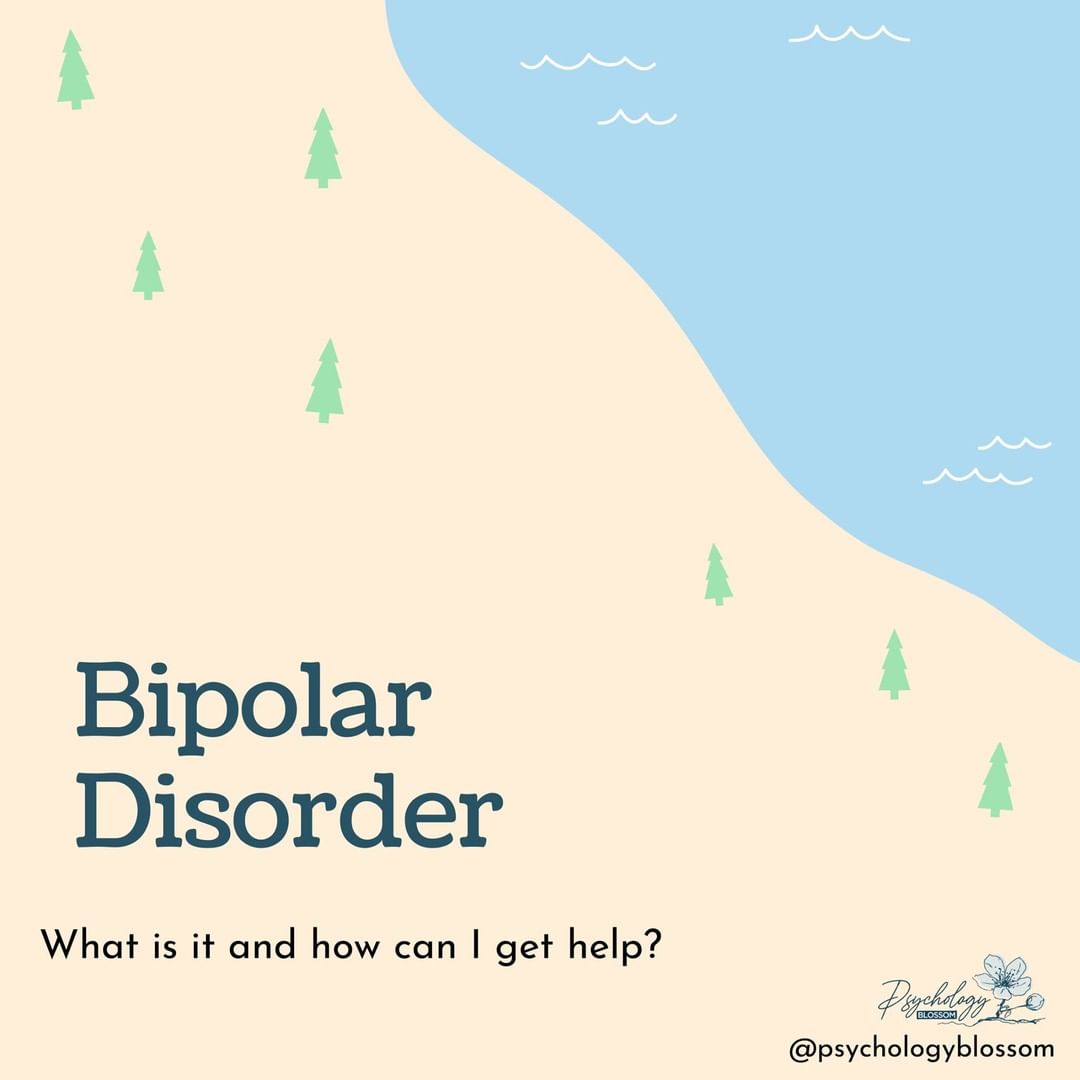Bipolar Disorder Symptoms: Understanding Mood Highs and Lows
Bipolar Disorder is a type of affective mental disorder that causes mood instability, leading to alternating periods of extreme highs and lows. Also known as Manic Depression, it can manifest in rapid transitions from moments of elevated energy, excitement, and joy to periods of hopelessness, despair, and fatigue. These shifts are more than just mood swings—they can disrupt daily functioning, relationships, and overall quality of life.
Living with Bipolar Disorder can be challenging, but many individuals go on to build stable and fulfilling lives with the right support. Early diagnosis, consistent treatment, and lifestyle adjustments such as maintaining a regular sleep schedule, managing stress, and staying connected with supportive communities can make a significant difference. Building awareness and reducing the stigma around Bipolar Disorder is also essential, as it encourages individuals to seek help without fear of judgment, creating a path toward recovery and resilience.
It is important to note that Bipolar Disorder is often confused with Dissociative Identity Disorder (DID). While both conditions involve noticeable changes in behaviour, they are distinct. Bipolar Disorder causes sudden emotional shifts, whereas DID involves alternating personalities or identities.
Signs and Symptoms of Bipolar Disorder
Symptoms of Bipolar Disorder fall into two categories: mania (highs) and depression (lows). These episodes may vary in intensity and duration, and not everyone experiences them in the same way.
✽ Mania (Highs)
- Excessive happiness, joy, or excitement
- Engaging in reckless behaviours (e.g., drug abuse, risky sexual activity, overspending)
- Rapid or pressured speech
- Reduced need for sleep or difficulty sleeping
- Possible hallucinations or delusions in severe episodes
✽ Depression (Lows)
- Persistent fatigue and low energy
- Oversleeping or insomnia
- Lack of pleasure in activities once enjoyed
- Frequent crying spells
- Suicidal thoughts, attempts, or suicidal ideation
Types of Bipolar Disorder
- Bipolar I: Characterised by severe manic episodes, often requiring hospitalisation. Depressive episodes may occur but are not always prominent.
- Bipolar II: Less severe than Bipolar I, with hypomanic episodes instead of full mania. Many individuals may not perceive their symptoms as problematic, but professional intervention is strongly recommended.
Risk Factors of Bipolar Disorder
The precise causes of Bipolar Disorder remain unclear, but research suggests both genetic and environmental influences. A family history of the disorder significantly increases risk, while trauma, abuse, or other environmental stressors may also play a role in triggering onset.
Types of Treatment
Bipolar Disorder is a lifelong condition, but with the right treatment plan, individuals can manage symptoms and maintain stability. Treatment often includes a combination of medication and psychotherapy.
✽ Medication
Medication is the most common treatment for Bipolar Disorder. The exact type and dosage vary depending on the individual’s needs, and adjustments are often required to find the most effective option. Mood stabilisers, antipsychotics, and antidepressants may all be considered, depending on the symptoms.
✽ Psychotherapy
- Family Therapy: Helps families provide support, recognise warning signs of episodes, and assist loved ones in following treatment plans.
- Cognitive Behavioural Therapy (CBT): Focuses on identifying negative beliefs, restructuring unhelpful thought patterns, and developing healthier coping strategies. Therapists also help individuals regulate intense emotions and manage stress.
- Education is a key component of psychotherapy, equipping both individuals and families with knowledge about triggers, relapse prevention, and long-term management strategies.
We recommend This Video to those who want to learn more about Bipolar Disorder and treatment options.
